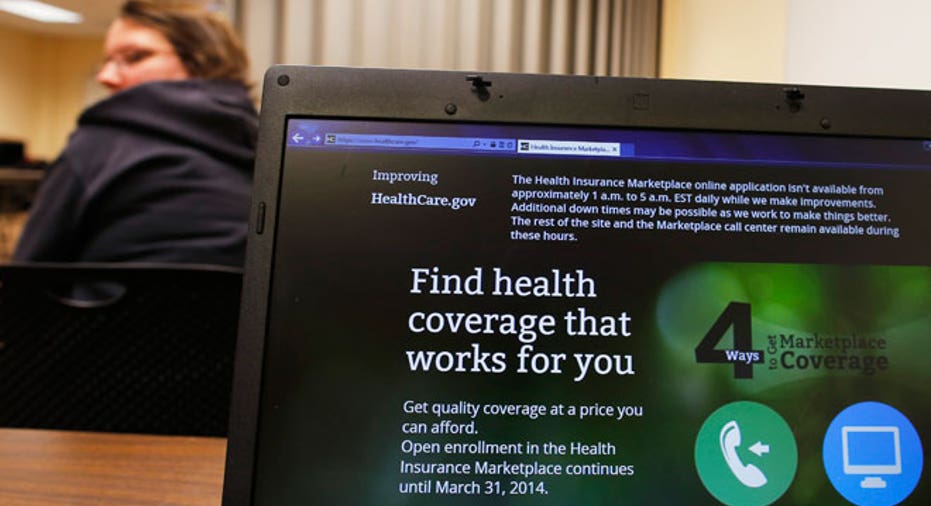One-Third of Americans Delaying Health Care Due to Costs

The Affordable Care Act (ACA, also known as Obamacare) succeeded in increasing the number of insured Americans. Most estimates give a range of 20-25% more Americans that were insured in 2014 compared to 2013 – adding approximately 10 million people to the insurance pools.
Nobody disputes that there are more insured Americans, but affordability is certainly arguable. Your assessment of affordable depends on how the marketplace altered your insurance possibilities, and whether or not you qualified for subsidies. Higher deductibles mean that some Americans are paying considerably more, and may be delaying care in larger numbers as a result.
A recent Gallup poll showed that 33% of Americans or a member of their family put off a form of medical treatment based on cost. Almost two-thirds of those delayed treatments were for conditions considered either “very serious” (17%) or “somewhat serious” (49%).
The 33% total represents the highest number ever recorded in the poll – a 3% increase from 2013 and 1% over the previous high in 2012.
With more people insured, why would delaying health care be on the rise – especially for serious conditions? Other factors from the survey tell the story.
Historical survey results show that serious conditions are usually put off more often than non-serious conditions. The gap between those delaying treatments for the most serious and non-serious conditions typically is around 5-10%. (It was 11% in 2014). For some, cost appears to trump health concerns.
It is also possible that non-economic factors are involved – for example, those who have an irrational fear of doctors and hospitals or those who believe their condition may be beyond treatment (such as cancer patients weighing quality of life vs. cost vs. chances of successful treatment).
The source of the insurance (or lack thereof) shows a distinct difference. Those covered by Medicare and Medicaid delayed medical care at the same rate between 2013 and 2014 (22%). Those without insurance had predictably higher numbers of delayed care, but with a slight decrease in 2014 to 57% from 59%. However, those covered by private insurance are delaying care at a significantly higher rate (34% in 2014 vs. 25% in 2013).
Combine the insurance source with household income, and a clearer picture emerges. Respondents with annual household incomes below $30,000 were less likely to delay care (dropping from 43% in 2013 to 35% in 2014). Middle-income households were more likely to delay care (38% vs. 33% in 2013), and households with incomes over $75,000 were far more likely to put off care (28% in 2014 vs. 17% in 2013).
This is logically consistent with the economic redistribution structure of Obamacare. Subsidies are encouraging lower income families to seek treatment, and the generally higher deductibles on middle- and upper-income households are causing families to reconsider treatment options.
By that logic, Obamacare has flattened out the economic component of deciding whether to seek or delay care based on cost. So why is the overall rate still rising?
Gallup suggests that variations in coverage and exclusions, along with confusion about how much a treatment will really cost, are likely to be significant factors. That seems consistent with the poll results, since serious conditions are more likely to be excluded by insurance companies, are more expensive overall, and are more difficult to assess for total treatment costs. Until it is possible for individuals to assess their out-of-pocket costs truly, expect the overall rate of delaying care to stay high. Do not expect Obamacare to fix that aspect.
More From MoneyTips.com
Gearing Up for ObamaCare 2.0ObamaCare SavingsChanging Jobs Under The Affordable Care Act



















